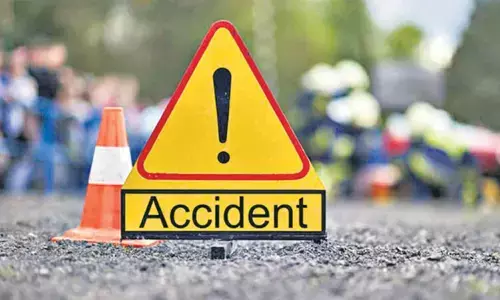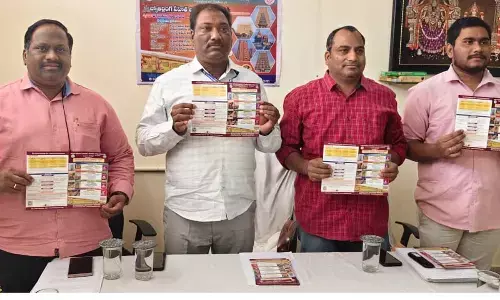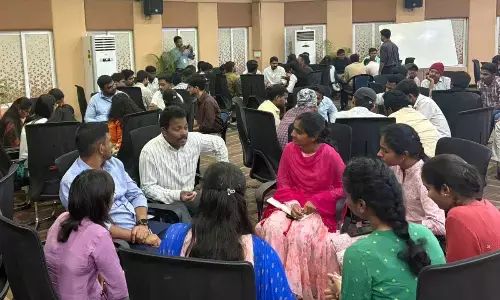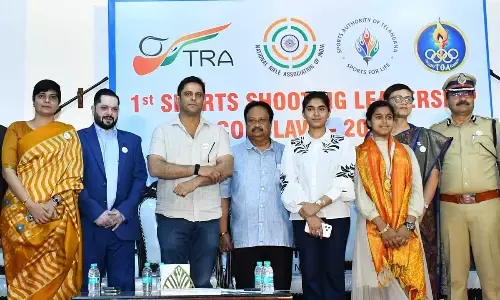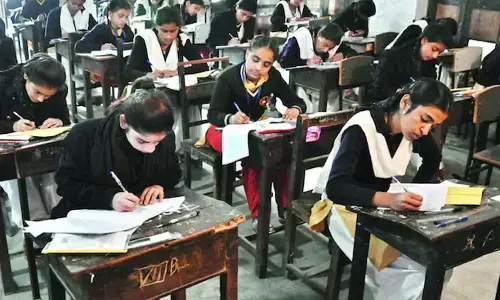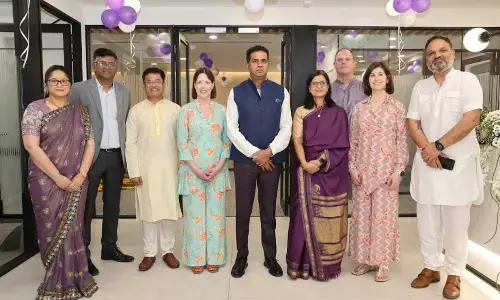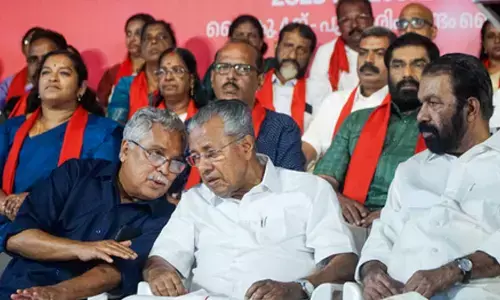Legal Circles, dt. 19-11-2023
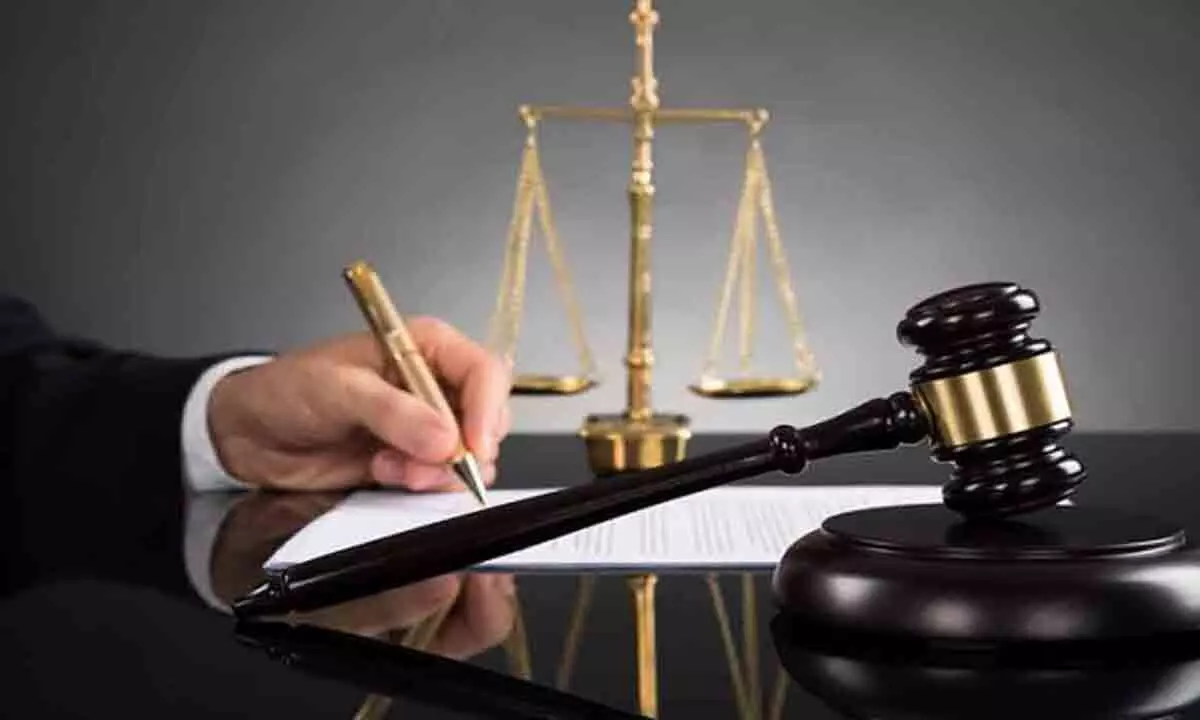
LEGAL CIRCLES
LEGAL CIRCLES
DR. H. C UPADHYAY
POLITICAL FOUL MOUTHS CANNOT HAVE A FREE PASS!
Cutting across the party-lines if there is something common among all the political parties it is the indiscrete use of bad language against each other notwithstanding the place and time of its use. Recent incidents of different political leaders including the legislators and those holding responsible positions in governments speak volumes for this sorry state of affairs. Added to this, whenever elections are announced, politicians of all hues ‘grab’ the opportunity to use choicest epithets against their rivals irrespective of the Code of Conduct imposed by the election commission.
Insofar as the Code of Conduct is concerned, the record of its implementation in regard to the use of abusive, insulting, derogatory and unparliamentary language has been to say the least, dismal. It is difficult to find even a single case when an offender using such language has been punished either by the Election commission of India or the Courts under Election laws. Even the strong man of yester years T.N.Seshan, the then Chief Election Commissioner could not set right the erring politicians.
The Parliament has a compilation of ‘unparliamentary words’ besides several rulings of the Speaker/Chairman of the House from time to time. But alas, some of the ‘Honourable’ members have yet to learn the basic etiquette of social mingling.
Indeed, the traits of mannerism and better social interaction come from the family of a person. No amount of laws prescribing do’s and dont’s can regulate the human behaviour either in public or in private. The inherent genes and attending circumstances during the initial upbringing of a person play a vital role in moulding his thought process and reaction pattern to different situations. That is why we find around us the incorrigible people irrespective of their financial or political status. They are really hard nuts and no amount of persuasion, coercion and legal regulation can reform them.
Considering the fact that for the growth and survival of a healthy democracy, the socially acceptable descent behaviour is quintessential, any deviation from this basic requirement will make the mockery of democracy. All other factors such as composition of electorate, history of voting pattern, financial or educational status of the people voting or seeking the votes are subsidiary. Therefore, electoral candidates trying to sell themselves as able and ideal politicians must bear in mind that what makes a politician a good political leader is not his wealth and strength of tilting the balance of his electorate but his suave manners and capacity to lead and deliver the result for the tasks assigned to him as a public servant. Short-temperedness, arrogance and avarice make an aspiring political leader absolutely unfit.
Remember, when we have chosen the path of democracy, in essence we have chosen a highly susceptible path which may bring disrepute to the whole nation if our elected representatives fail to restraint and observe minimum decorum in public duties. It does not augur well for our country that most of the political leaders occupying high elected positions are at present behind the bars or on bails for the charges of corruption, misappropriation of public funds etc. It pains every law abiding citizen who is totally helpless to remedy the situation as an individual voter.
*SC ISSUES FURTHER GUIDELINES IN MP/MLA CASES:
Acting upon a Public Interest Litigation (PIL) filed by Senior Advocate Ashwini Kumar Upadhyay, a 3 judge bench of the apex court comprising the Chief Justice of India Dr.D.Y.Chandrachud, Justice P.S.Narsimha and Justice Manoj Misra issued further guidelines for the speedy disposal of cases against past and present MPs/MLAs.
* MP-HC ON MAINTENANCE UNDER DVC
In a case titled, Bhupendra Singh Rajawat & Others Vs. Ranjeeta Rajawat, the Indore bench of Madhya Pradesh High Court has held that the Family Court 's order dismissing the petition of a wife for Maintenance under Section 125 of the Cr. P C has no bearing on her similar petition filed under Section 23 of the Domestic Violence Act.
· UN ELECTS FIVE JUDGES TO ICJ
The United Nations General Assembly and Security Council elected five jurists on November 8, to replace five outgoing judges of the international court of Justice (ICJ). The judges elected include Bogdan-Lucian Aurescu of Romania, Hillary Charlesworth of Australia, Sarah Hull Cleveland of the United States, Juan Manuel Gomez Robedledo Verduzco of Mexico and Dire Tladi of South Afrixa. These judges will serve a nine year term of office beginning on February 6th 2024.
· ORISSA HC ON PROXY SARPANCHES
In a case titled Mnoj Kumar Mangaraj v/s the collector, the Kala Handi and others, Justice. Dr. S.K.Panigrahi observed that the patriarchal attitudes in the veil of proxy sarpanch and practices greatly hinders women’s participation and empowerment in public life.
The Court directed the Secretary of Panchayati Raj Department to inform it about the action taken against such proxy sarpanches and steps taken to give women sarpanches proper capacity building training.
* ALLAHABAD -HC ON LAWYERS' UNIFORM
The Lucknow bench of Allahabad High Court has in a historical verdict directed the Uttar Pradesh Bar Council to frame rules to the effect that the Advocates shall not wear the lawyers ' uniform outside the precincts of a court.
The division bench comprising Justice Sangeeta Chandra and Justice N.K Jauhari gave these directions after hearing a practising lawyer's plea that some fellow Advocates had criminally assaulted him. These lawyers were in the uniform and were supporting the land mafia.EOM


